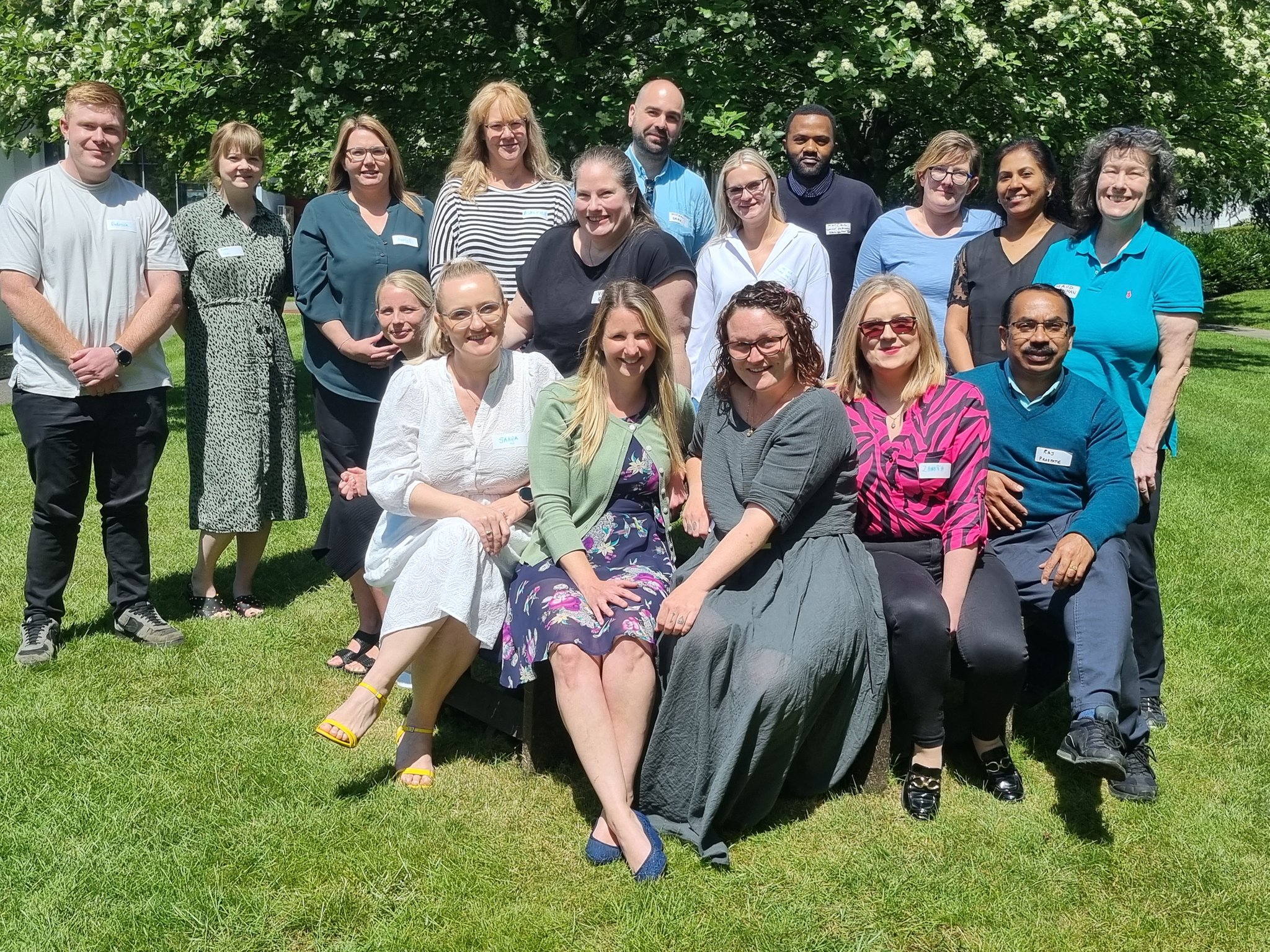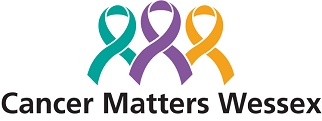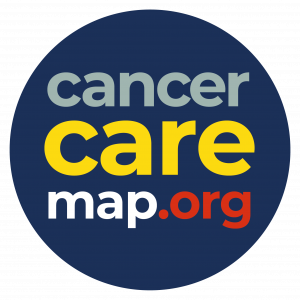Who are the Pathway Navigators?
You may not have heard of a Pathway Navigator before, but for people who have been referred to hospital with a suspected cancer, the Pathway Navigator has a really important part to play.
Pathway Navigators make a real difference to patients at the very start of their cancer pathway. They contact the patient when they have been referred for tests, and support them right up to the point of a diagnosis. Each Pathway Navigator will work in a slightly different way, responding to the individual needs of the person they are helping. This could include explaining how a procedure works, helping patients navigate the system, booking appointments, signposting to further information, or providing an important listening ear.
Pathway Navigators across Dorset, Hampshire and the Isle of Wight have been recognised with an Innovation Award. There are now 29 in post across the region, covering a range of different departments and specialities.

Some of the Pathway Navigators already helping patients across Wessex
What do they do?
The navigator’s focus is to support patients to move through the first stages that follow a GP referral as quickly and as seamlessly as possible. They are the first point of contact for patients over telephone and email. They will follow up test results, book biopsy and clinic appointments, organise the waiting list, and work with other health professionals in the cancer team to make sure everything is in place for follow-up appointments.
One pathway navigator said, “a highlight for me is seeing patients come in and knowing I have spoken to them to inform them of their scan and that they are aware of who they can phone if they have any concerns or questions.”
The Pathway Navigator is not intended to be a clinical role, but they are proving to be a vital part of guiding patients through the hospital system.
How can they help?
In one encounter, a pathway navigator noticed that a patient had many concerns about their upcoming appointment and diagnostic procedures. In response to this, the navigator:
- gave the patient information and reassured them about the planned investigations
- arranged to meet the patient when they arrived at the hospital to accompany them to their appointment
- organised a private room to be available in case the patient found being in the waiting room upsetting
- accompanied the patient to their appointment with the consultant, where they were able to discuss what was happening at each stage
When the consultant advised that the patient needed a follow-up appointment, the consultant and the navigator were able to assure the patient that it was for further investigations and it did not mean that a cancer had been diagnosed.
When you receive a fast track referral it is important that you attend your appointment. This could be for a diagnostic scan, like a CT or MRI. We heard from one navigator about a grateful patient who had been worried about this:
“I supported a patient attending her CT appointment and then to a clinic. She kindly gave me a thank you card and said she would not have had the CT scan if I had not been there with her.”
In another example, a navigator saw that a patient needed an interpreter but had only been given a single appointment slot. They rescheduled the appointment allocating double the time to properly assess the patient and ensure they understood each step.
They arranged a Punjabi telephone interpreter for the appointment, who explained to the patient the next test that was required. Another appointment was needed for further diagnostic tests and again the navigator booked a double appointment slot, which the patient attended with their daughter. The Punjabi interpreter joined again on the telephone and stayed throughout the procedure in case they were needed.
Patients have said they feel reassured and supported by the pathway navigators, and staff in the hospital have noticed that appointments are offered more quickly and scans are reviewed more regularly – all of which makes for a better experience for patients.
How has a Patient Navigator helped you?
“It helps to prevent other issues because it reduces the stress on you, you don’t feel like you’re just being a pain asking questions”
“She mainly explained things and what would happen, what they would be doing and looking for and when etc – we talked it all through”
You can read more about Pathway Navigators on the Wessex Cancer Alliance website.
If you have been supported by one of our Pathway Navigators and would like to tell us about it, please Contact Us
Cancer Care Map
Support can be a lifeline for people affected by cancer. There are a broad range of services available in the Wessex area and further afield.
Cancer Care Map is a simple, free, online resource to help you find cancer support services near you.
To find support groups and services in your local area, click on the Cancer Care Map logo and enter your postcode in the search box. You can refine your search for more specific services, or browse the types of services available.

